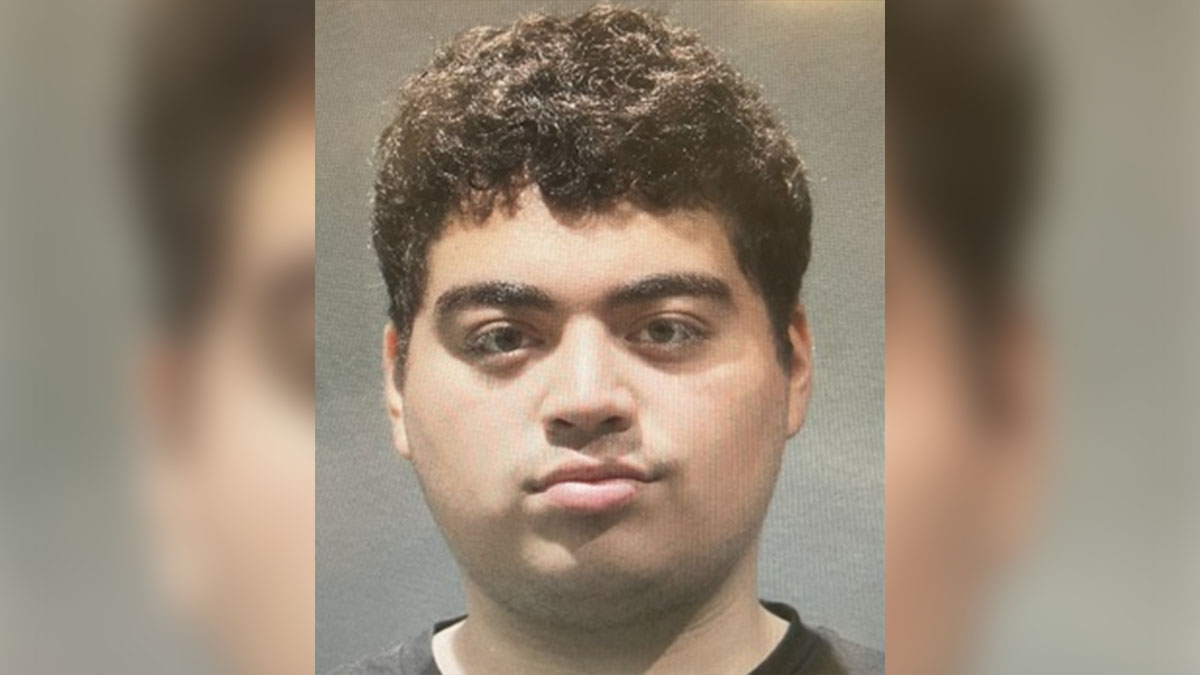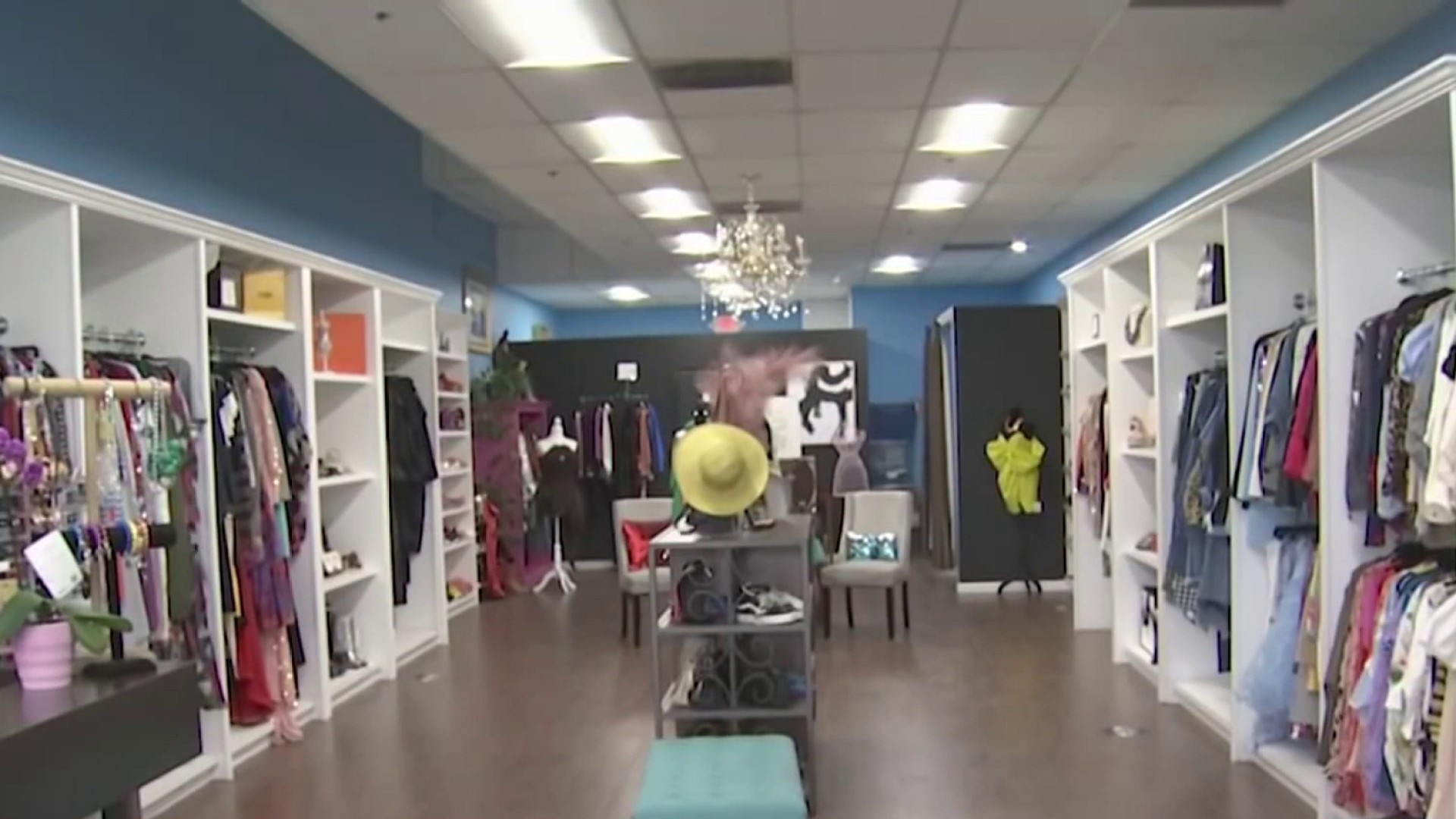College kids are wired these days, carrying laptops and smart phones. You would assume they’re easy to reach at a moment’s notice, but after a series of recent campus sex assaults around the country, the News4 I-Team started investigating and found some colleges are still facing an uphill battle when trying to get emergency warnings out.
It happened over the summer at Howard University after a report of an assault. Students on campus that day told us they had not heard about the incident even though the university sent out an alert by email.
“I think they’re very effective, as long as you check your email,” Graduating senior Dominique Perkins said.
The University of Texas at Arlington emailed students too after alleged sex assaults in September. Kutztown University of Pennsylvania did the same in 2012. But one college official told the News4 I-Team there’s a problem: College kids don’t seem to check their emails as much anymore. Campuses are increasingly becoming text-message territory, and as Perkins told us, “With your cell phone, you have a million alerts coming to you.”
A News4 I-Team review did find several local universities have a text message alert system. But nearly all of them are voluntary. Students must opt-in and sign up.
In some cases, we found only a fraction of students enrolled in the text system. However, American University says its alerts are opt-out and Howard says it’s considering switching to opt-out as well. A Howard spokesperson told us, “The university typically uses text alerts for matters that are an immediate threat. If an incident notification is made to the Department of Public Safety when there is no longer an immediate threat, we will opt for email versus text message notification.”
Federal law requires colleges to alert students in “timely manner of a campus emergency.” But some companies marketing alert devices and technology say that law doesn’t go far enough. Jenna Richardson with American Messaging told us the law "doesn't state that the messages ever have to be received on the other end." The federal law also doesn’t require any specific type of communication, like text messaging, to be used in emergencies.
Local
Washington, D.C., Maryland and Virginia local news, events and information
Some campuses are going high tech to keep students safer. Georgetown University allowed our cameras into their public safety emergency operations center, where we saw what the school calls its “EmergenSee” technology. After students download an app, they’re able to silently alert police if they see trouble. The students’ smart phone cameras can then be seen on police TV monitors. “We get their geo-location. We get audio and we get video from the scene,” explained Chief Jay Gruber, the head of public safety. It too is opt-in.
Private companies like American Messaging are marketing key fobs, alert devices students can put on their key chains. The device vibrates or lights up with emergency messages, and according to Richardson, “It has the ability to reach into nooks and crannies, basements and other places where other types of wireless signals simply can’t penetrate.” The company said it hopes schools will make such devices mandatory, handed out to students during registration. But Howard sophomore Edward Taylor told us, “Most students wouldn’t want to carry that extra burden.”
D.C.’s Homeland Security and Emergency Management Agency might have a potential silver bullet. But just a potential one. The Commercial Mobile Alert System is a push alert that hits every phone in D.C. with a text alert in the case of an emergency. Universities have called to inquire about using it. But the trouble is, for now, alerts can only be sent to the entire District of Columbia. Director Chris Geldart worries, “When you do that so many times, people just turn it off.”
Click here to find out more about wireless emergency alerts.



